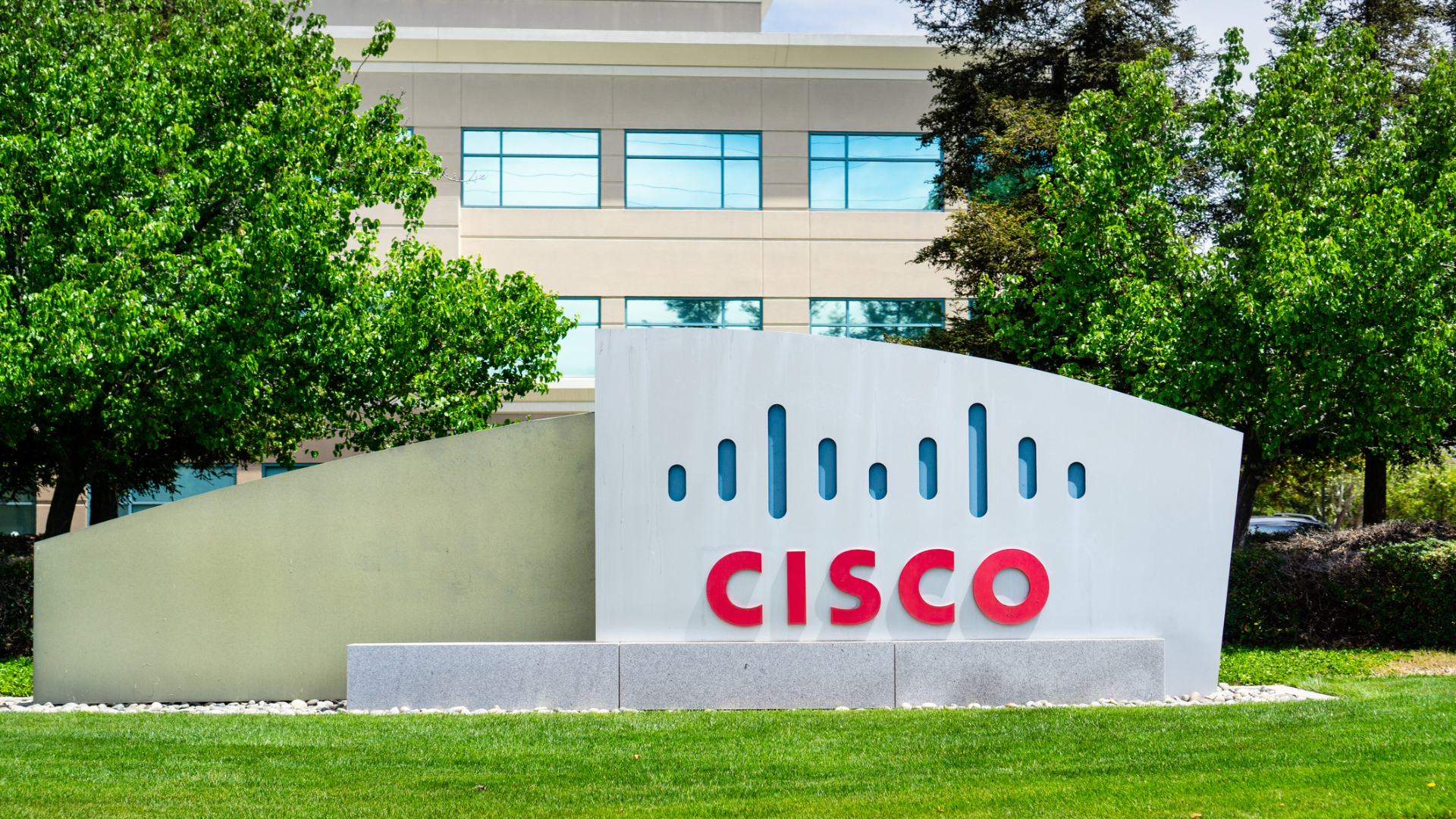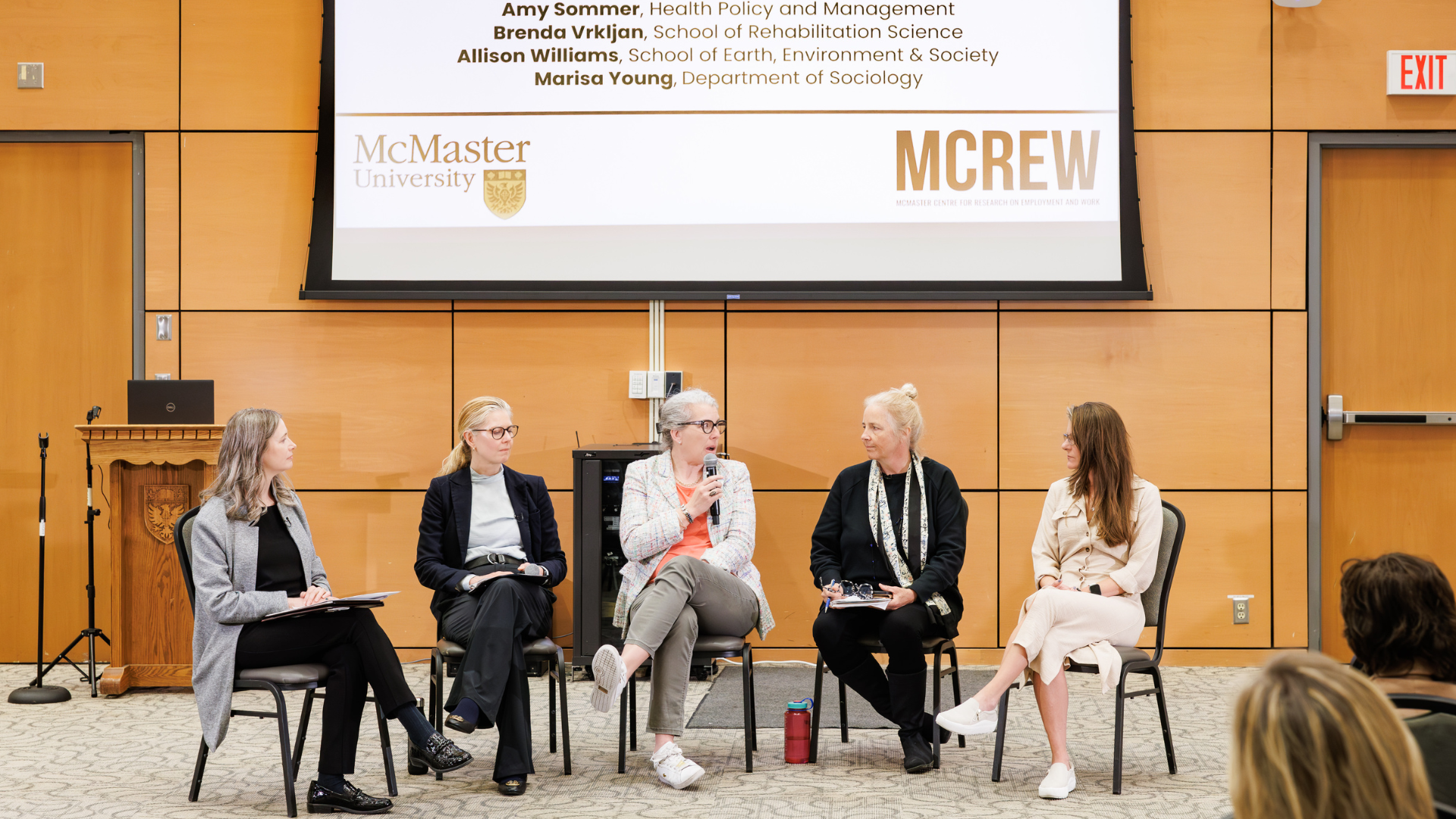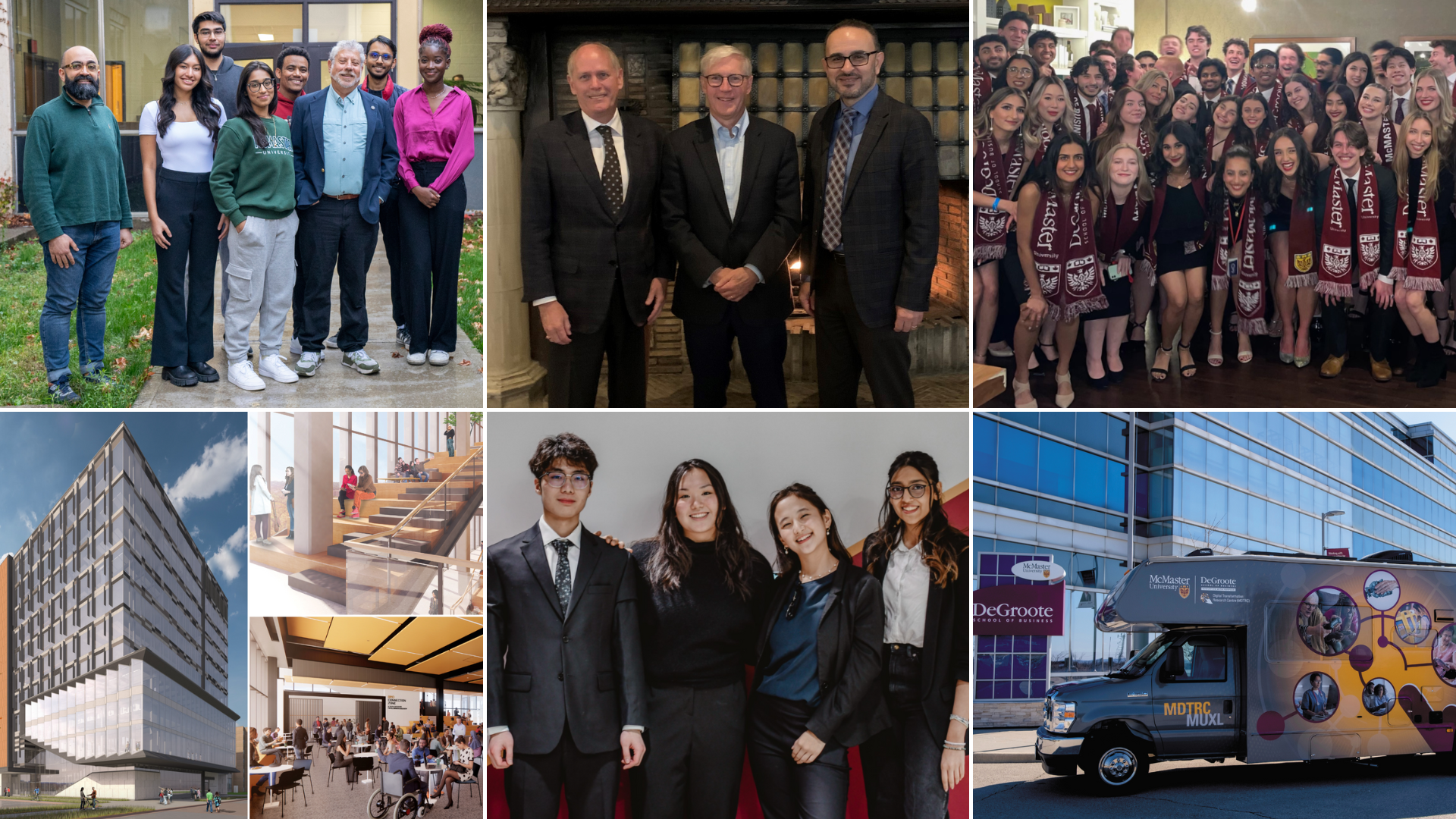HUMAN RESOURCES AND MANAGEMENT RESEARCH STAFF
In the News: The Ethical Values and Behaviours of CEOs Play a Crucial Role in Attracting New Talent
July 11, 2023 ·
Contributed by: Meena Andiappan, Associate Professor of Human Resources and Management

In today’s job market, where highly skilled workers are scarce and specialized skills are in high demand, employers are facing the challenge of filling job positions.
This situation has sparked intense competition — often referred to as the “war for talent” — among companies to attract and keep the best employees.
To stand out in this battle for new talent, organizations have to appeal to job seekers. One way of doing this is for employers to effectively communicate their ethical values to outsiders.
This is key because the younger generation of workers values social responsibility, transparency and ethical behaviour from their potential employers.
Skepticism about CSR
Companies have historically demonstrated their commitment to ethical values through corporate social responsibility (CSR) efforts.
Examples of these efforts include Starbucks’ commitment to ethically sourcing its coffee, tentree’s tree planting and community projects, Patagonia’s pledge to give one per cent of sales to environmental organizations and BNP Paribas’ volunteering program.
However, the public is growing increasingly skeptical about CSR. Many view CSR initiatives as misleading attempts to appear ethical.
Research has found a number of reasons for this, including: the disparity between the business and the cause they support, the company’s prior reputation and the use of reactive versus proactive approaches to CSR.
 So how can firms best showcase their morals to outsiders? What would send a stronger message than CSR acts?
So how can firms best showcase their morals to outsiders? What would send a stronger message than CSR acts?
In our forthcoming research, we studied these questions and found something surprising — CEO ethical leadership is more important to job seekers than the company’s CSR initiatives, even after considering typical factors such as salary and fit.
Why candidates care about CEO ethics
Our research shows that when CEOs demonstrate their personal ethical values, they inspire individuals to want to work for their organizations.
We conducted three different studies and found a few reasons for this. First, job seekers are likely to believe that the ethical CEO’s company treats its employees fairly. Second, job seekers are likely to believe that the CEO’s company cares about society and the environment.
Lastly, job seekers tend to experience feelings of awe, admiration and inspiration when they learn about the CEO’s ethical goodness. This lead to something called moral elevation. Moral elevation are positive feelings that arise when someone witnesses another person act in an uncommonly moral way.
Not surprisingly, we found that, because of the above reasons, job candidates who strongly identify as moral persons are more attracted to the ethical CEO’s organization.
 Cisco: A case study
Cisco: A case study
Some CEOs have already figured out the importance of CEO ethical leadership in the workplace and are using it to effectively attract top workers. For example, during his tenure as CEO of Cisco, John Chambers focused on building a diverse and inclusive workforce through strategic recruitment initiatives.
Chambers pursued partnerships with universities, participated in career fairs and established programs to attract underrepresented groups, including women and minorities, to the tech industry.
He also emphasized the importance of creating an inclusive culture where employees could thrive and contribute their unique perspectives.
Chambers aimed to make Cisco an employer of choice for a diverse range of talented individuals, helping the company expand its talent pool and strengthen its position in the market.
Strategies for attracting workers
Based on our research findings, we suggest a number of ways organizations can effectively use their CEO’s ethical leadership to attract good workers.
1. Avoid overemphasizing CSR initiatives. While it’s important to highlight a company’s commitment to ethical values and practices, it’s also important to avoid overemphasizing CSR initiatives to the point where it can be seen as “greenwashing.” Instead, managers should focus on genuine and impactful initiatives that align with the company’s values and mission.
2. Leverage social media. Managers can leverage social media platforms to advertise the ethical values of their CEOs. This can be done by regularly posting about any awards, accomplishments, blogs, presentations or other relevant content that specifically highlight the CEO’s ethical leadership.
3. Use video content. Recruitment strategies can include videos of CEOs speaking about their personal ethical values and how they shape their companies’ values. This content can be used on the company’s website, social media platforms and during recruitment events to provide a visual representation of the CEO’s ethics.
4. Highlight the link between CEO ethics and CSR initiatives. This can be achieved by sharing stories or case studies showcasing how the CEO’s personal ethical convictions guide the company’s CSR decisions and initiatives. Job candidates will see how the CEO’s ethics and the organization’s values are reflected in its CSR initiatives and be inspired to join the company to make a positive impact.
By implementing these strategies and effectively communicating the ethical values of their CEOs, organizations can differentiate themselves in the market and attract top candidates that share similar values.![]()
Authors: Meena Andiappan, Associate Professor of Human Resources and Management, McMaster University; Madelynn Stackhouse, Assistant Professor, Bryan School of Business and Economics, University of North Carolina – Greensboro, and Tunde Ogunfowora, Associate Professor, Organizational Behavior and Human Resources, University of Calgary
This article is republished from The Conversation under a Creative Commons license. Read the original article.















